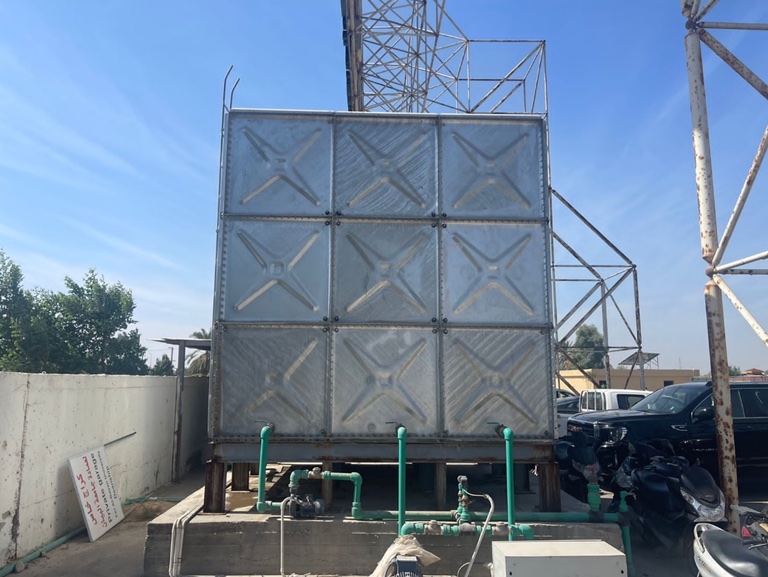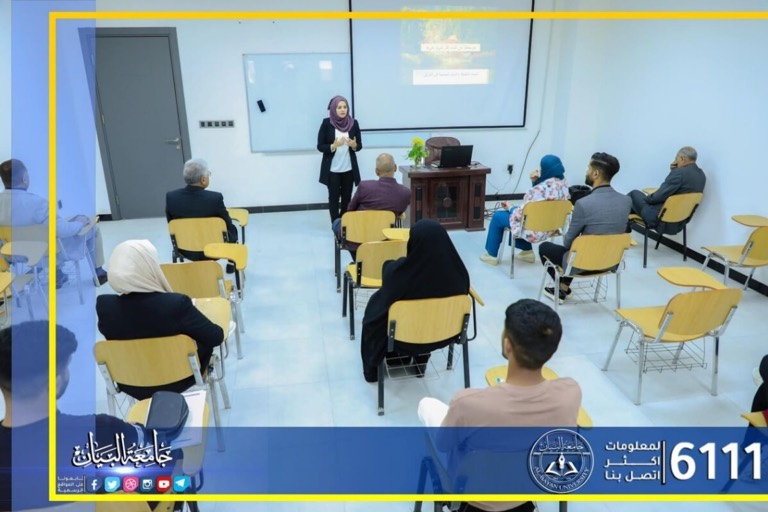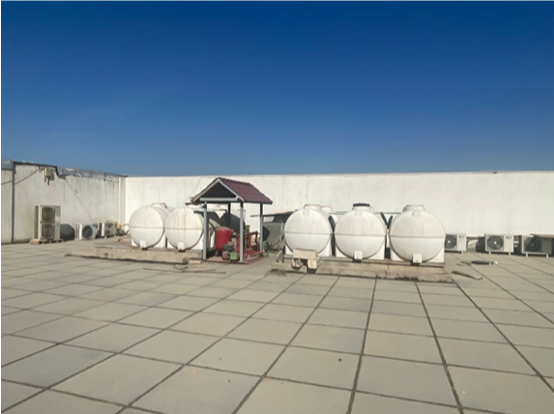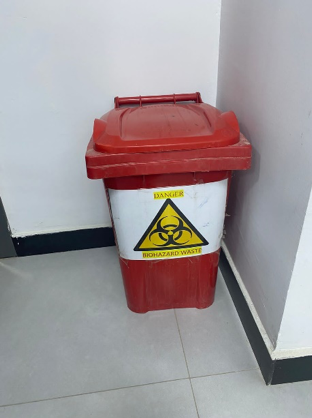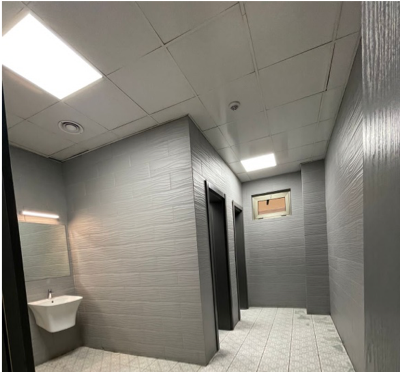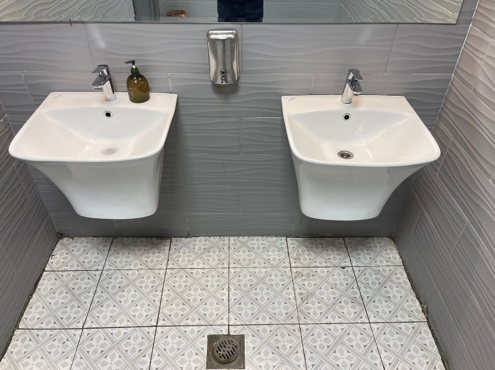Year: 2022
Prepared by: Department of Scientific Affairs
Al-Bayan University
Executive Summary:
Al-Bayan University is committed to advancing the United Nations Sustainable Development Goal 6 (SDG 6) of Clean Water and Sanitation. This progress report outlines our initiatives and achievements in promoting access to clean water and proper sanitation for our campus community and beyond.
Overview:
UN SDG 6 aims to ensure the availability and sustainable management of water and sanitation for all. Al-Bayan University recognizes the critical role of clean water and sanitation in promoting health, well-being, and environmental sustainability.
Key Initiatives and Achievements:
1. Campus Water Management:
Al-Bayan University has implemented comprehensive water management strategies to ensure the efficient use of water resources:
- Installation of water-efficient fixtures and technologies to reduce water consumption in campus buildings.
- Regular maintenance and monitoring of water systems to detect and address leaks promptly.
- Implementing educational campaigns to raise awareness about responsible water use among students and staff.
Image: The Groundwater Reservoir at Al-Bayan University is a crucial element in the university’s water recycling initiatives, allowing them to supplement their main tap water supply. By tapping into this reservoir, the university can reduce its reliance on external water sources and recycle water for various on-campus needs, promoting sustainability. This innovative approach not only conserves water resources but also exemplifies the university’s commitment to environmentally responsible practices.
Image: Symposium titled “Clean water and sanitation in Iraq are one of the goals of sustainable development” Source: https://albayan.edu.iq/2023/03/14/15494/
2. Water Quality Assurance:
Ensuring the quality of drinking water is a top priority:
- Regular testing of water sources to guarantee they meet safety standards.
- Collaboration with local environmental agencies to monitor water quality and address any concerns.
- Providing accessible and clean drinking water stations across campus.
Image: Toxic waste reservoirs are designed to safely contain and manage hazardous materials, preventing them from leaching into the soil and waterways, thus reducing the risk of pollution. Simultaneously, roof water reservoirs collect and store readily available water, which can be used for non-potable purposes, further reducing the burden on municipal water supplies and minimizing stormwater pollution. By combining these two reservoir systems, a holistic and eco-friendly approach to managing water resources and mitigating pollution is achieved, contributing to a healthier and more sustainable environment.
3. Sanitation Facilities:
The university has improved sanitation facilities for all members of the campus community:
- Renovating and expanding restroom facilities to ensure they are accessible and well-maintained.
- Establishing hygiene promotion programs to educate students and staff about proper sanitation practices.
Image: modern restroom facilities at Al-bayan University
Challenges and Future Plans:
While progress has been made, challenges remain:
- Ensuring the long-term sustainability of water and sanitation initiatives.
- Addressing regional water scarcity and pollution concerns.
- Expanding community engagement to reach more underserved populations.
- Promoting water conservation practices among students and staff.
Future Plans:
In the coming year, Al-Bayan University is committed to:
- Implementing additional water-saving technologies and practices on campus.
- Conducting further research on local water-related challenges to inform sustainable solutions.
- Strengthening partnerships with local environmental organizations to address regional water issues.
- Expanding educational programs on water conservation and sanitation for the campus community and surrounding areas.
Conclusion:
Al-Bayan University remains dedicated to UN SDG 6: Clean Water and Sanitation. We recognize that access to clean water and proper sanitation is fundamental to human health and environmental sustainability. We will continue to monitor our progress, adapt our strategies, and work towards a future where clean water and sanitation are accessible to all.

